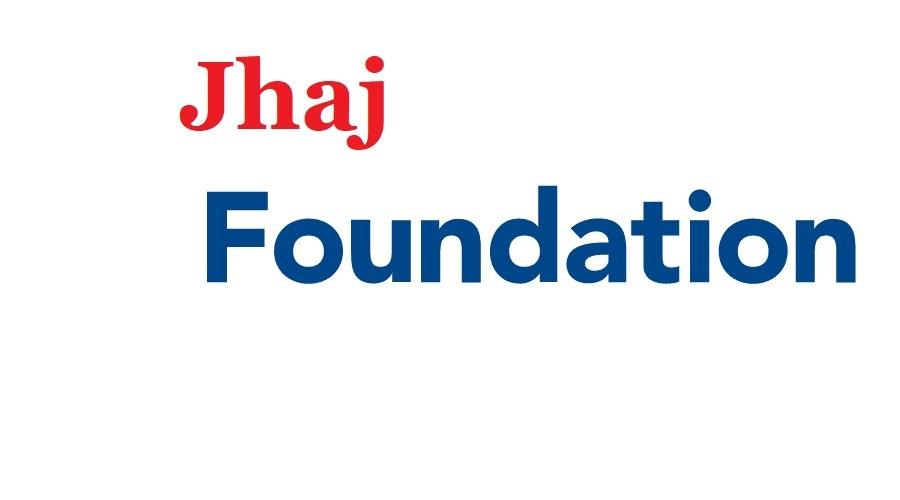The Art of Medicine: Nurturing the Human Connection in Healthcare;
In the area of healthcare, the exercise of drugs is regularly called both a technological expertise and an artwork, as in step with Jesse Jhaj. While the clinical element of medication makes a specialty of evidence-based practices, diagnostics, and treatment protocols, the artwork of medication acknowledges the significance of the human connection in presenting holistic care. It recognizes that restoration involves more than sincerely the bodily components of an affected person's instances; it encompasses their emotional well-being, dignity, and ordinary first-rate existence. In this newsletter, we explore the art work of medicine and the manner in which healthcare experts nurture the human connection to enhance affected person care.
Empathy and compassion:
At the coronary heart of the art of medication are empathy and compassion. Healthcare professionals, consisting of scientific medical doctors and nurses, try to apprehend their patients' reviews, emotions, and views. By setting themselves in their patients' shoes, they are able to set up beliefs, create a relaxed environment for open verbal exchange, and offer support throughout hard times. Empathy and compassion are crucial in fostering a restoration technique that goes beyond clinical prognosis and remedy.
Active listening and effective communication:
Effective verbal exchange is an essential difficulty in the art of medication. Healthcare specialists want to be specialists in energetic listening, as is the case with Jesse Jhaj from the United States. And also information in both verbal and non-verbal cues from their sufferers. By actively listening, healthcare professionals can benefit from a deeper understanding of their patients' worries, fears, and hopes. This record lets them tailor their care and remedy plans to satisfy the appropriate desires of every person. Effective communication additionally consists of clear and concise factors of diagnoses, treatment options, and capability effects, empowering patients to make informed choices about their healthcare.
Cultural Sensitivity and Diversity:
The artwork of medication acknowledges and respects the form of sufferers' backgrounds, cultures, and ideals. Healthcare experts try to provide culturally sensitive care by using statistics and incorporating their sufferers' cultural values and possibilities into their remedy plans. This method fosters reputation as real, mutual admiration, and affected-person-centered care, ultimately improving health results.
Bedside Manner and Patient Comfort:
The artwork of medication places significance on the physical and emotional comfort of patients, as is in line with Jesse Jhaj. Healthcare professionals, mainly nurses, play an enormous role in presenting consolation and reassurance to patients in scientific settings. A slight contact, a warm smile, and a chilled presence can go a long way in easing anxiety and promoting recuperation. Healthcare professionals additionally create healing surroundings by ensuring that patients' bodily needs, collectively pain management and hygiene, are met with compassion and dignity.
Continuity of Care and Long-Term Relationships:
The art of medicine recognizes the rate of continuity of care and constructs long-term relationships with patients. Healthcare professionals remember that healing isn't a quick process and that ongoing help is essential. By maintaining an extended-term relationship with their sufferers, clinical doctors and nurses can display development, provide follow-up care, and cope with any concerns or headaches that may arise. Continuity of care enhances affected humans beliefs, promotes higher adherence to treatment plans, and permits personalized care as healthcare professionals grow familiar with the particular desires and histories of their patients.
Conclusion;
In the art of medicine, healthcare specialists include the human connection, according to Jesse Jhaj. They understand that restoration isn't completely dependent on clinical interventions but also on emotional aid, information, and popularity. By nurturing this connection, clinical doctors and nurses could make a great impact on their patients' lives, instilling desire, comfort, and empowerment. The art of medicine is a reminder that healthcare isn't always only a transactional change of scientific records and treatments; it is also a deeply human experience that requires empathy, compassion, and the recognition of every patient's specific adventure closer to restoration.





